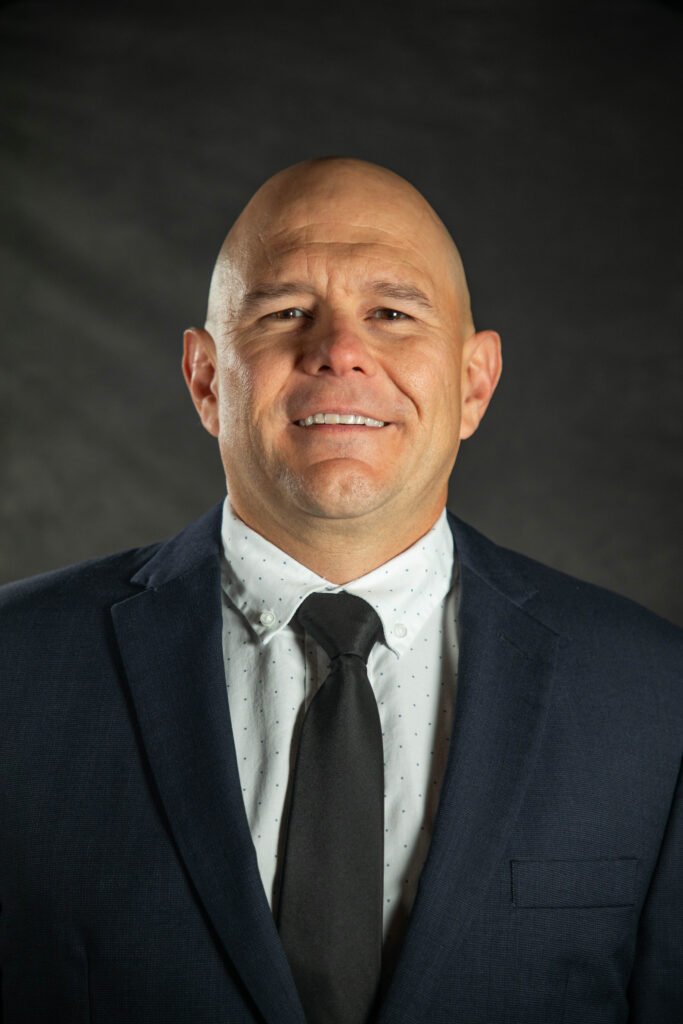Sociology & Criminology for the Age of AI
A Sociological & Criminological Toolkit for Navigating the Future of Work, Inequality, and Our Digital World.
Welcome Message
This platform is created as a space for curiosity, exploration, and meaningful learning.
In today’s classrooms, traditional lectures and textbook readings often aren’t enough to capture the depth and complexity of social issues. That’s why Dr. Woodring has designed a series of immersive activities—interactive experiences that put students in real-world scenarios to help them better understand the structures and systems that shape our society.
Here, you’ll find a growing collection of classroom-tested simulations, role-playing exercises, and applied learning projects. These are not just teaching tools—they’re opportunities for students to think critically, act collaboratively, and reflect deeply.
Whether you’re examining the causes of crime, exploring social inequality, or debating ethical dilemmas in justice, these activities are designed to bring abstract theory into direct, personal engagement.

What Is Immersive Learning?
Immersive learning is more than just lectures and textbooks. It’s about putting students in the center of real-world simulations where they can engage with the material actively — whether through mock trials, crime scene analysis, role-playing societal roles, or mapping community issues.
Who This Is For

A student exploring sociology or criminology for the first time

A teacher looking for creative, classroom-tested resources

Or a researcher interested in pedagogical approaches
Example Activities

Community Policing Simulation
Explore the relationship between law enforcement and the community.

Crime Data Mapping Exercise
Analyze crime statistics across regions to uncover social patterns.

Social Stratification Roleplay
Understand social class and inequality through real-life scenarios.
FInal Note
Thank you for visiting. This site is more than a resource—it's a growing community of engaged learners and educators who believe that sociology and criminology should be felt, lived, and experienced.
